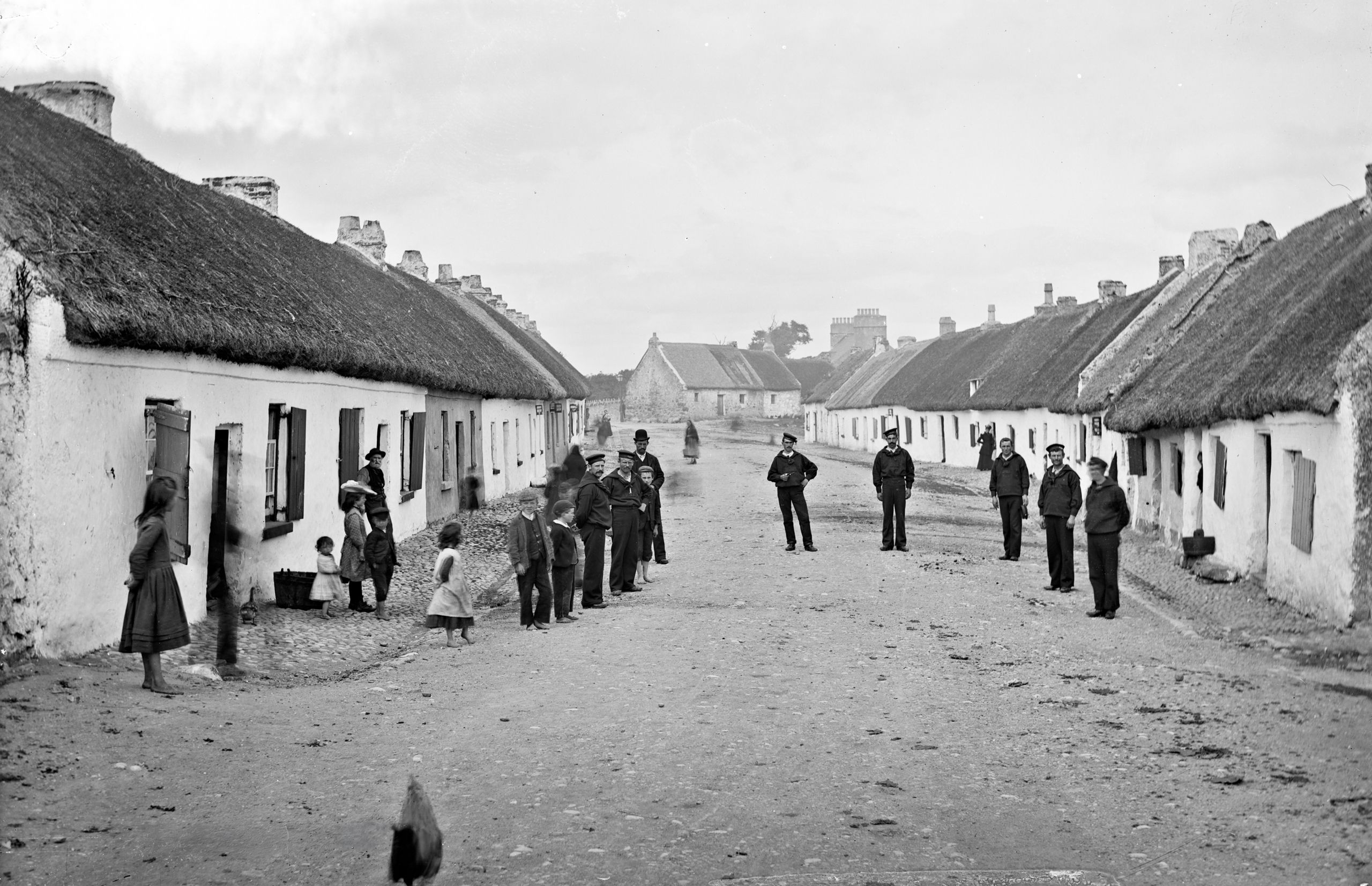Ireland's National Archives is gearing up to release the results of the 1926 Census, the first carried out in the Irish Free State.
And as part of the release, and the looking back at Ireland a century ago, the archives wants to hear from Irish-born centenarians in the United States and around the world.
More than seventy people who have reached the magical number of one hundred years have already made themselves known and have been designated "Centenarian Ambassadors."
These ambassadors were all born before April 18, 1926, the day the census was taken.
According to a release, the National Archives of Ireland has launched a search for Irish people who are 100 years or over to celebrate their lives and tell their stories.
"The initiative is part of the run-up to the launch next April 18th of the 1926 Irish Census – exactly 100 years after it was taken.
"This Census was the first recorded by the new Irish state after it won its independence from Britain. The records of 700,000 Irish households – which to date have been under lock and key – will be accessible online for the first time to people the world over.
"Families can discover the names of their ancestors, where they were living, who else was in the home, and what they did for work. And this will include the estimated 1,000 people who were just babies at the time and are still living today. The National Archives wants to find as many of these people as possible and, with their permission, share their memories of Ireland, their towns and traditions."
According to the director of the National Archives, Orlaith McBride, the census isn’t just about lists and numbers.
"It’s about the people living in Ireland in 1926 and all of their descendants today. It’s the story of us, and we want to hear from as many people as possible who are in the unique position of having been recorded in this historic document.”
McBride told the Echo that work began on the release of the 1926 census results three years ago and it involved going through every single page.
"Our conservators worked on scanning pages, repairing pages and digitizing them. This process would have taken one person eighteen years to transcribe everything. So now we are building the platform for the website," McBride said.
McBride explained that members of the Garda Siochana were the census enumerators in 1926 and the information gathered was quite detailed, so the information in the census release will be of strong interest to social historians.
The total population of the Free State at the time of the 1926 census was a little under three million. The population had fallen in the immediate years preceding as a result of several factors including deaths in Word War I, the Spanish Flu, and the movement of some people from the Free State to Northern Ireland after partition.
A census covering the entire island of Ireland had taken place in 1901 and 1911. But amid the War of Independence no census was taken in 1921.
"One of the first tasks of the new (Free State) government was to conduct a census. The information obtained could be used to plan infrastructure, roads and schools," said Orlaith McBride.
"Now, a hundred years later, we are looking through history's lens at the people of 1926, who they were, where they lived."
McBride said that the 1926 census for Northern Ireland had been pulped during World War II as a result of a shortage of paper so the Free State census stood alone.
And it will stand out in bold relief when all the information in it is released to the world on April 18, 2026.
According to the National Archives release: "The National Archives will make the entire census, comprising over 700,000 individual household returns, freely available and fully searchable online on 18 April 2026, marking a key moment in Irish history.
"The accompanying public programme was unveiled by the Minister for Culture, Communications and Sport, Patrick O’Donovan TD, and National Archives Director Orlaith McBride. The programme will include a landmark RTÉ documentary, a theatrical production with world-renowned ANU Productions, major exhibitions in Dublin, London, Boston and across Ireland, and the search for official ‘Centenarian Ambassadors.'
"The preparation of the 1926 Census for public release has been a monumental project for the National Archives. This initiative involves the careful preservation, high-resolution scanning, and transcription of every sheet, making the first census taken after the establishment of the State accessible to genealogists, historians, and members of the public, both in Ireland and around the world.
"The online platform will provide an unprecedented resource, allowing users to efficiently navigate detailed household returns and offering a unique snapshot of life one hundred years ago."
According to Orlaith McBride the plan is to bring an exhibition to Boston in May, 2026.
And she concluded: “The team at the National Archives has completed unbelievable work in preserving, cataloguing, and digitising these priceless documents in-house, using world-class machine-learning technology. The records will provide a comprehensive and publicly accessible dataset of life in Ireland following the establishment of the State.
“Whether you’re interested in history, genealogy, or theatre, our full programme has something for everybody, in Ireland and around the world."
As the final preparations for the April 18, 2026 release proceed centenarians and their family members can share their stories with the National Archives at www.census1926@nationalarchives.ie.
.










